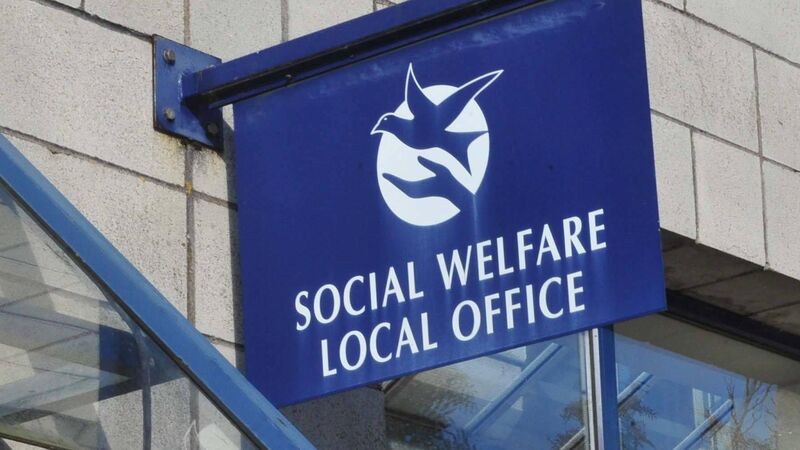Varadkar says 'substantial' welfare package needed in October's budget

Leo Varadkar said it is possible that some welfare increases could come in on the day of the budget as they do not require legislation to be passed in the Dáil. Picture: Denis Minihane.
A welfare package of more than €5 a week on the pension will be needed in October’s Budget, Tánaiste Leo Varadkar has said.
Speaking at the National Economic Dialogue in Dublin Castle, Mr Varadkar said there will have to be a substantial welfare and pension package greater than that of 2022.














